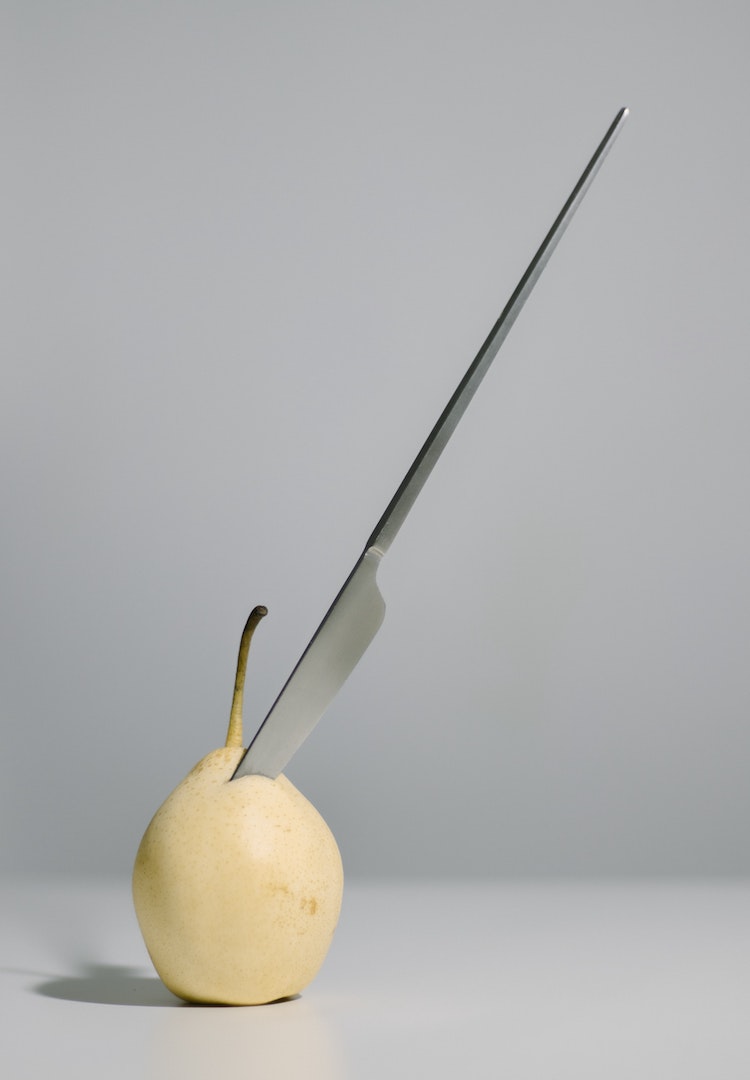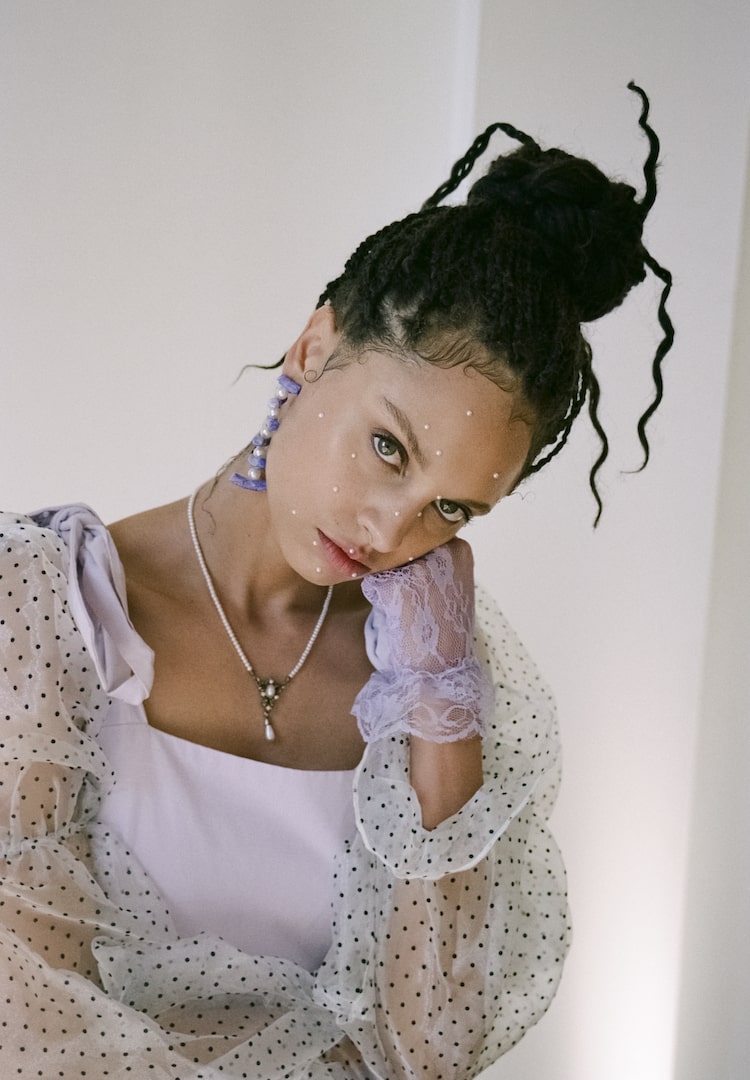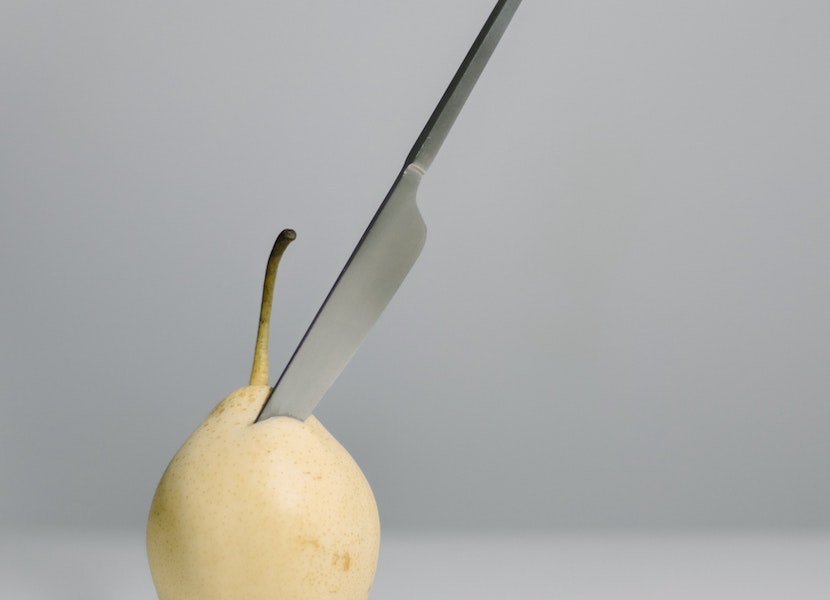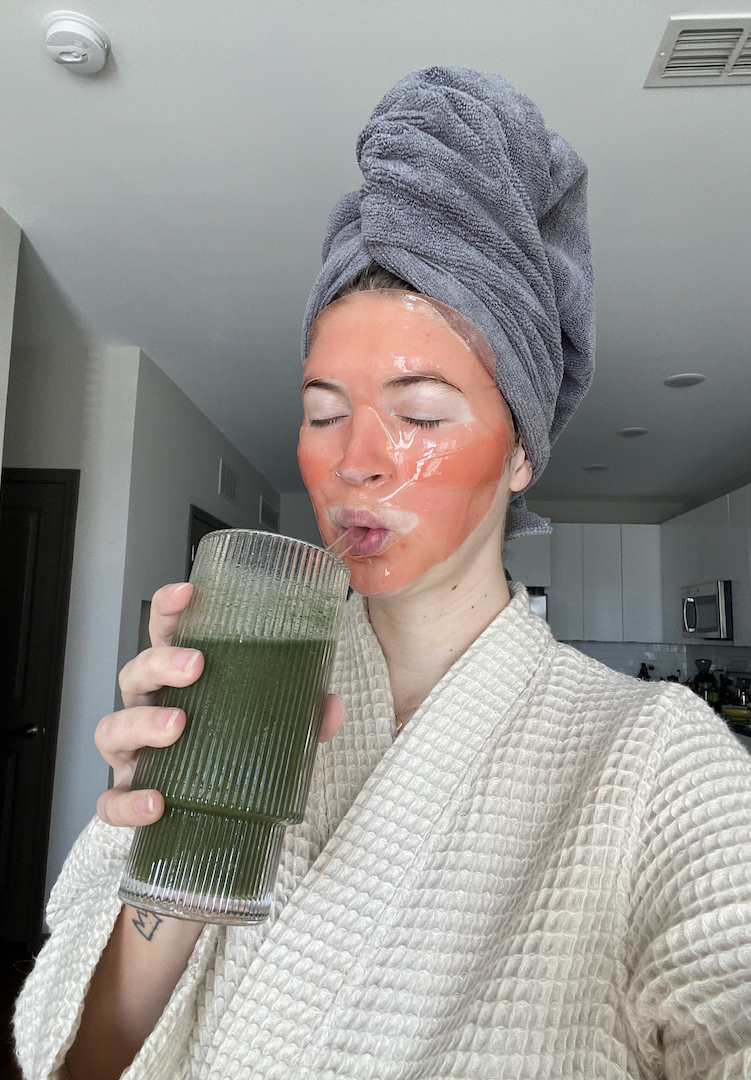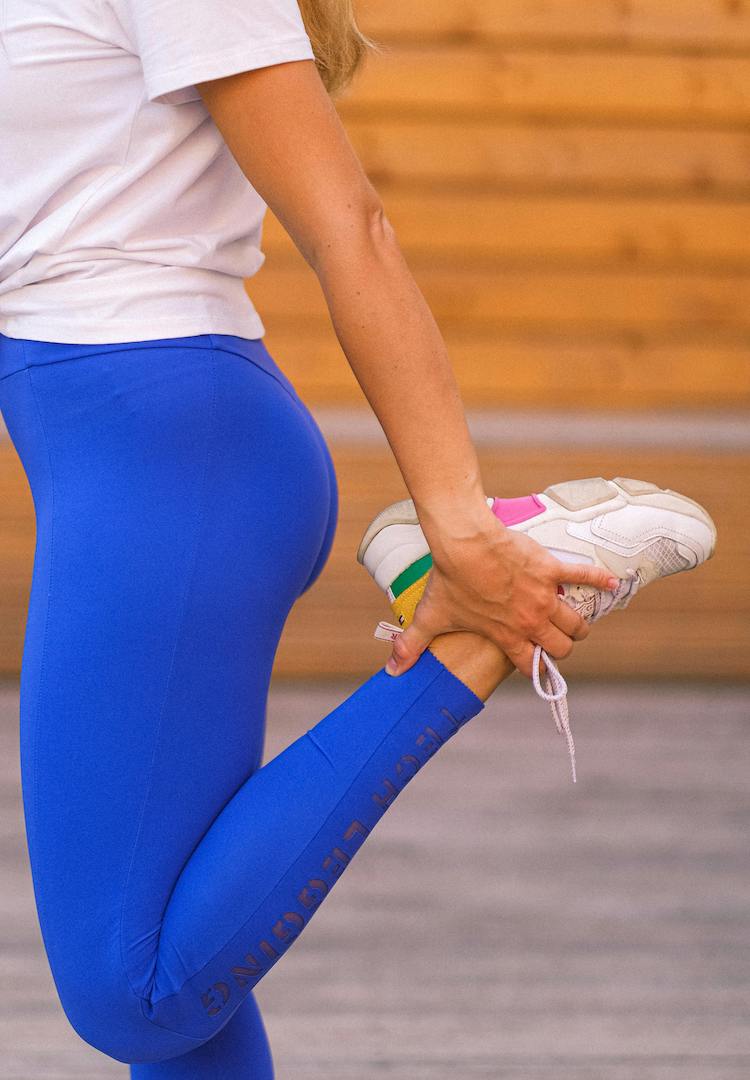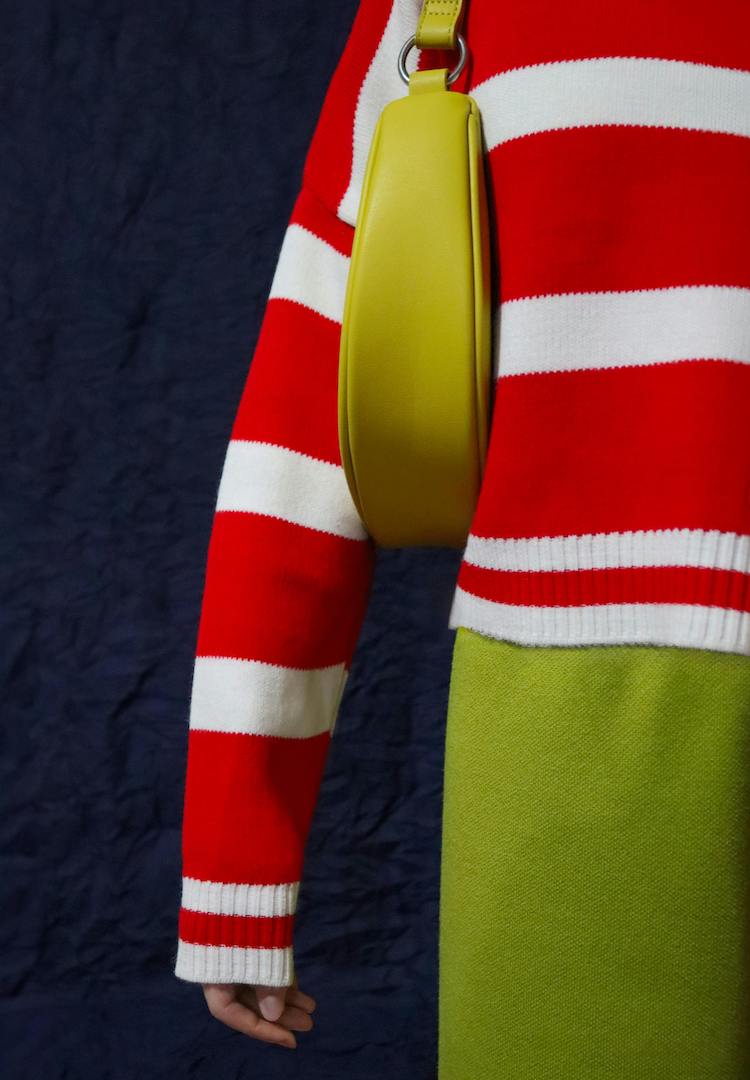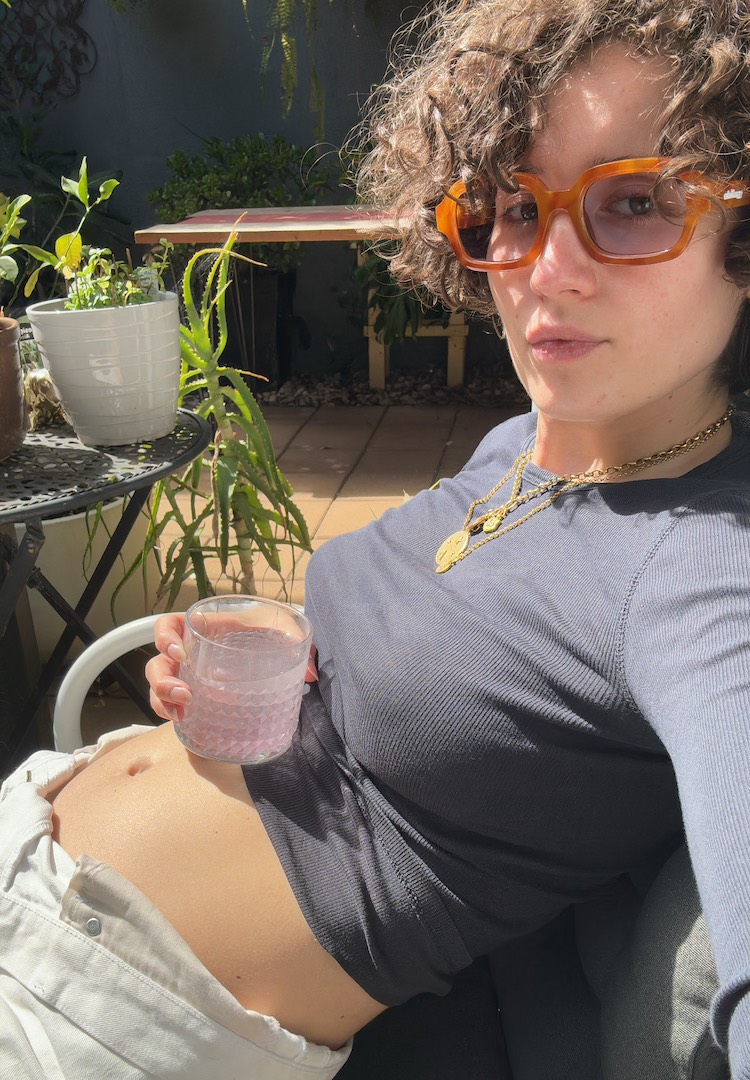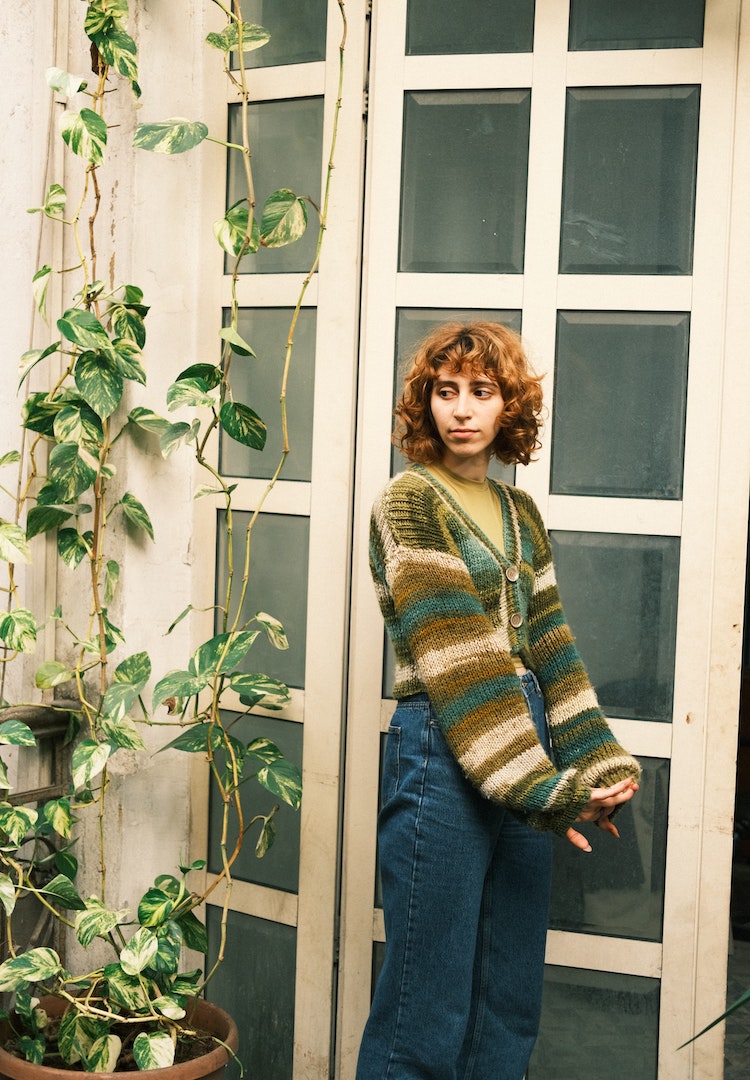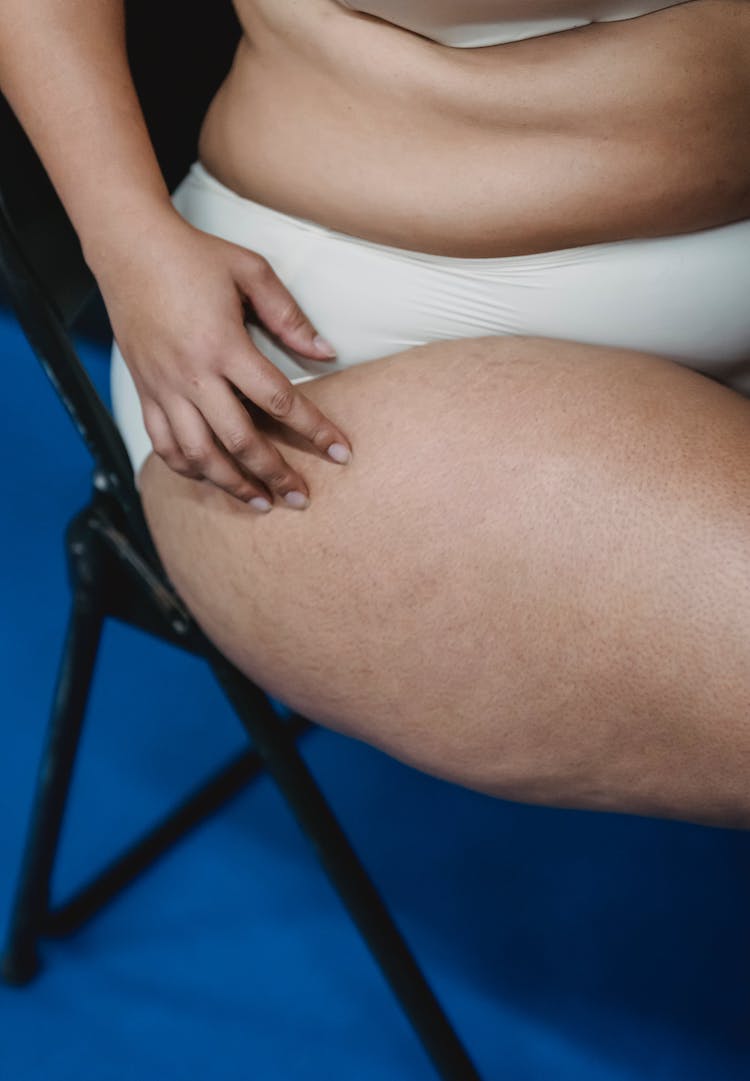What happens when pop culture portrays you as ‘too old’ for an eating disorder
Words by Alexandra Jean
EDs are often portrayed as a teenagers’ problem but for many, they’re not a short-lived burden that can be left behind.
I was 16 years old when I first started seeing a psychologist. Pale, gaunt and riddled with anxiety, I was teenage angst personified. After weeks of watching me slowly wither away, my psychologist brought up a term that I hadn’t heard before. I chewed at the insides of my mouth while he explained what “disordered eating” meant. Problematic patterns, harmful habits, et cetera, et cetera.
We quickly fell into a fortnightly routine. He would ask “how’s your eating?” and I would shrug in response. I would pretend to be making progress while memories of throwing myself over toilet bowls or jogging on the spot in my bedroom would bounce around in my head like a stubborn migraine.
For more personal essays, tap through to our Life column.
Once home, I’d stand in front of a mirror and repeat the term “disordered eating” over and over again, sitting with the discomfort that I felt as those words fell out of my mouth. A dark corner of my mind snickered: I wasn’t disciplined enough to warrant a real diagnosis and, therefore, it wasn’t a real problem. I wasn’t tied to feeding tubes or fatally underweight like the girls I had seen in movies.
Even when a GP told me that I would have to give up dancing, my first true love, or that I could lose my teeth, my eyes glazed over. Disordered, problematic, harmful – I didn’t understand the gravity of these words. I palmed them off as self-discipline, willpower, resilience. This was just a pitstop on the road to happiness – I saw a beginning, a middle, an end.
More recently, I fell into a shameless blackhole of messy teenage dramas. After rummaging through Netflix’s Tiny Pretty Things and Dare Me in a matter of days, I stumbled upon a jarring discovery. Both of these series, like so many others, treat eating disorders with the same flippancy that I flaunted at 16.
Tiny Pretty Things tries to challenge the typical stereotypes of eating disorders by positioning a danseur as the lead of this storyline. But we are just given all of the tired clichés that we have seen before. We see him jogging in a sauna. We see him underline the word “binge” in his food journal. We see him take on the role of an emaciated body, slumped in the corner of a toilet cubicle. We see the growing panic in his eyes before he’s asked to step on the scales.
Dare Me takes on a similar mould. There are scenes of cheerleaders heaving over toilet bowls in crowded high school changerooms. There are scenes of cheerleaders chewing biscuits and later spitting them into napkins. There is one especially alarming scene where the coach grabs the stomach of a cheerleader and warns: “Fix this. We don’t do this.”
These are the kinds of portrayals that I would have clung to at 16. I would have seen my reflection in the suffering of these protagonists and converted their mantras into my own. I used to worship the likes of Skins’ Cassie, Gossip Girl’s Blair and Thirteen’s Tracy – characters who all equally epitomised the dark love affair of disordered eating and teenage angst.
Among thigh gaps and quotes about how nothing tastes as good as skinny feels, these were the “idols” that filled my Tumblr page in 2012. I wanted nothing more than to be as interesting as them. The romantic portrayals of them on my screen provided me with a goal to work towards.
Nine years on, it’s a different story. Engaging with these narratives now, I feel out of place, I feel lonely, I feel ashamed. I am forced to sit with a new kind of discomfort.
The eating disorder narrative seems to always go the same way. They are young, they are thin, they are mostly white. They are sad, they are beautiful, they are complex. Then, we are given a “recovery” denouement, where a brief hospital stint, a sarcastic therapist or a life-changing conversation turns everything around. When this isn’t your reality, where do you fit in?
For so long, eating disorders have been portrayed as a “teenagers’ problem”. They are framed as a romantic addition to teenage sadness – a short-lived burden that can be left behind with all of the other awkward and painful parts of adolescence. But these are oversimplified and sensationalised descriptions of an illness that is so much more complex.
The truth is, for a lot of us, there is no beginning, middle, end. There is just one messy middle, with hideous roots that need consistently plucked. It is not a pitstop, but an ongoing cycle of fear, of avoiding plans, of lightning-speed calorie calculations, of overindulging, of toeing the line between feeding your illness and feeding yourself.
I see 16-year-old me represented in these plot lines, but I don’t see 25-year-old me, wrestling with an uncompromising self-hatred while simultaneously debating politics at a dinner party, or graduating from university, or receiving a promotion, or falling in love. My volatile relationship with food didn’t just miraculously disappear when I left high school. It grew with me; it continues to grow with me.
I am nearly 10 years older than I was the first time that somebody suggested that I might have a problem with eating. Even now, after 10 years of consistent effort and incredible support, of setbacks and breakthroughs, I am still desperately trying to dismantle the cruel things that I think of when I look into mirrors. I am still desperately trying to redefine my self-worth, to unlearn my self-loathe.
My relationship with food is still inconsistent – it is sometimes gruelling; it is sometimes joyful. It is always precarious. There are days where I feast with friends and break down on the floor of my bedroom later. There are mornings where I can still feel the lingering urge to punish myself with exercise. There are nights where I collapse into the arms of my partner because the murmurs of old mantras still haunt me.
These characters didn’t prepare me for the alienation that I would feel as someone both weaving through the complexities of adulthood and grappling with something that has been branded a teenagers’ problem. I never thought that I would spend years of my adult life afraid to admit that self-hatred still consumes me. Or that I would struggle with the guilt of acknowledging that and identifying as a feminist at the same time. They don’t tell you that part.
I am not sure if I will ever be able to totally reject the Terms and Conditions that I pressured myself into signing as a teenager. I am not sure if I will ever be able to forget the advice that strangers gave to me on Internet forums in 2012. I am not sure if I will ever be able to completely drown out the mantras that I drilled so forcefully into my psyche at sixteen. But I understand that to get even close to dismantling these things, it’ll require constant effort. Effort that will sometimes pay off, and effort that sometimes won’t.
The reality is that my eating is still disordered, my patterns still sometimes problematic, and my habits still sometimes harmful. But the silver lining is this: by finally understanding the gravity of those words, I have allowed myself to recognise that I do not deserve the abuse that I hurl at myself. By finally abandoning that flippancy, I have instilled an empowering notion that these shackles can, at the very least, be loosened. That I can challenge every hurtful mantra with two compassionate ones.
If you’re struggling with body image issues or eating disorders, you can call the Butterfly National Helpline at 1800 33 4673 for free and confidential support, or email or chat to them online here.


